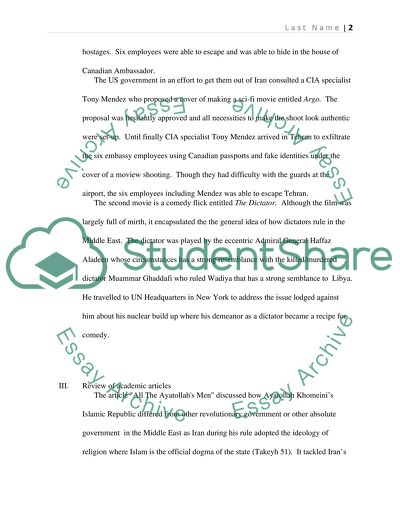Cite this document
(“International relations class: comparative politics Research Paper”, n.d.)
Retrieved from https://studentshare.org/history/1462649-international-relations-class-comparative-politics
Retrieved from https://studentshare.org/history/1462649-international-relations-class-comparative-politics
(International Relations Class: Comparative Politics Research Paper)
https://studentshare.org/history/1462649-international-relations-class-comparative-politics.
https://studentshare.org/history/1462649-international-relations-class-comparative-politics.
“International Relations Class: Comparative Politics Research Paper”, n.d. https://studentshare.org/history/1462649-international-relations-class-comparative-politics.


